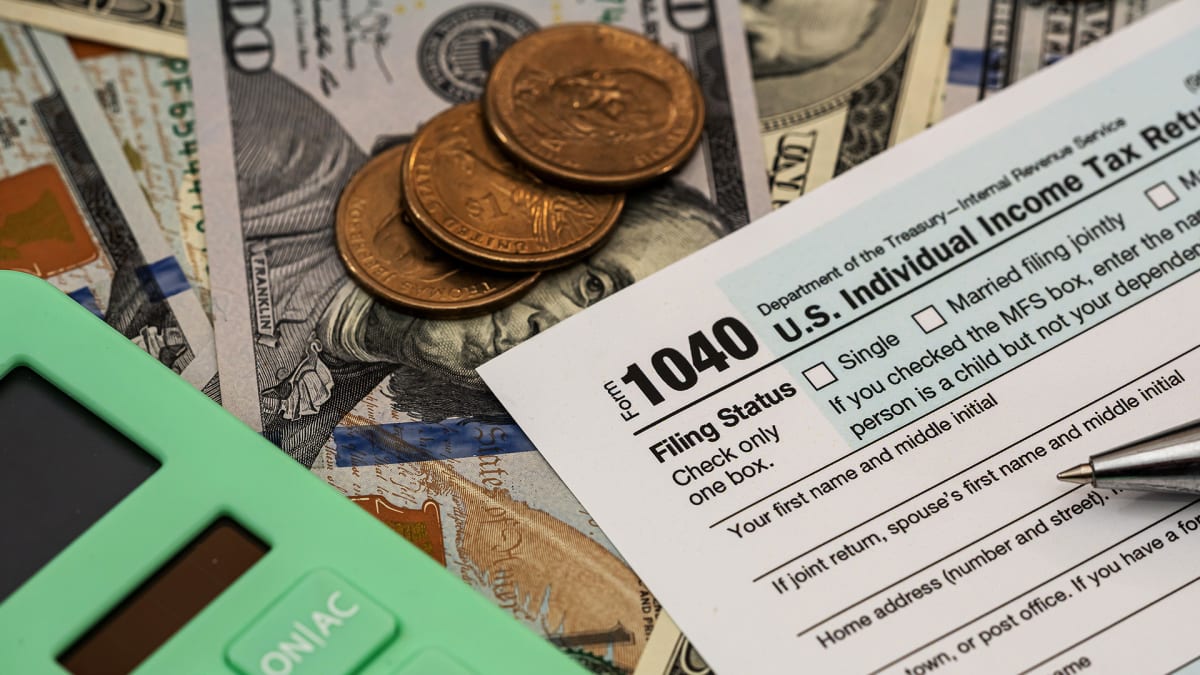
Tax season is fast approaching and, for many, it is a time more stressful than the holidays or flu season -- freelancers worry about getting hit with a high bill due to not making the proper installment payments while those relying on a refund stress that it will not be as large as they had hoped.
According to the latest report from consumer finance company Bankrate, 69% of those who expect to receive a tax refund this year are worried about some kind of issue in relation to it. 34% are concerned about it not going far enough amid inflation while 33% expect it to not be as large as they had hoped.
DON'T MISS: Here's Why Your Tax Refund Is Probably Going to Be Minuscule
A further 19% worry about delays while another 19% name high interest rates as the reason they fear their tax refund will not stretch as far as they hope in 2023.
Here's Why So Many People Are Worried About Their Tax Refunds In 2023
This all comes at a particularly bad time because the number of people relying on their tax return has also jumped significantly -- while 67% said their tax refund would significantly help their financial situation in 2022, that number is at 75% in 2023.
Out of those, 43% said the refund is very important to their financial well-being.
The fear that the tax refund will be smaller is at least partially justified for many because, over the last year, many of the tax break and relief programs started during the start of covid finally expired. The IRS estimated that the average refund will be $326 lower than it was last year.
"It's reasonable to expect that many people will receive smaller tax refunds this year," Ted Rossman, senior industry analyst at Bankrate.com, said in a press statement. "That's mostly because many pandemic-related tax breaks have expired: Stimulus payments, the expanded child tax credit and the expanded child and dependent care credit, to name a few."
Here's Why Using Your Refund To Pay Down Debt Is The Best Financial Plan
The biggest number (28%) of survey respondents expected to use their tax refund to make credit card payments or otherwise bring down their level of debt. A further 26% planned to use it for "rainy day" savings -- amid inflation, these numbers reversed from 23% using their refund for debt and 32% putting it aside for savings in 2022.
This year, a further 13% plan to use it for day-to-day expenses such as groceries or energy bills while 7% will use it to go on vacation. Millennials and Gen Z are less likely to use their refund for debt repayment than older generations while a significantly larger part of those who earn below $50,000 a year see the refund as very important to their financial health compared to higher earners.
"If you have credit card debt -- and more than a third of Americans do -- then using some of your tax refund money to pay down this high-cost debt would be an excellent choice," Rossman said. "[...] Increasing your savings is an important, and related, priority as well. If you don't have enough savings [...], then your next unexpected expense might well land on a credit card, which sets the debt cycle into motion."







